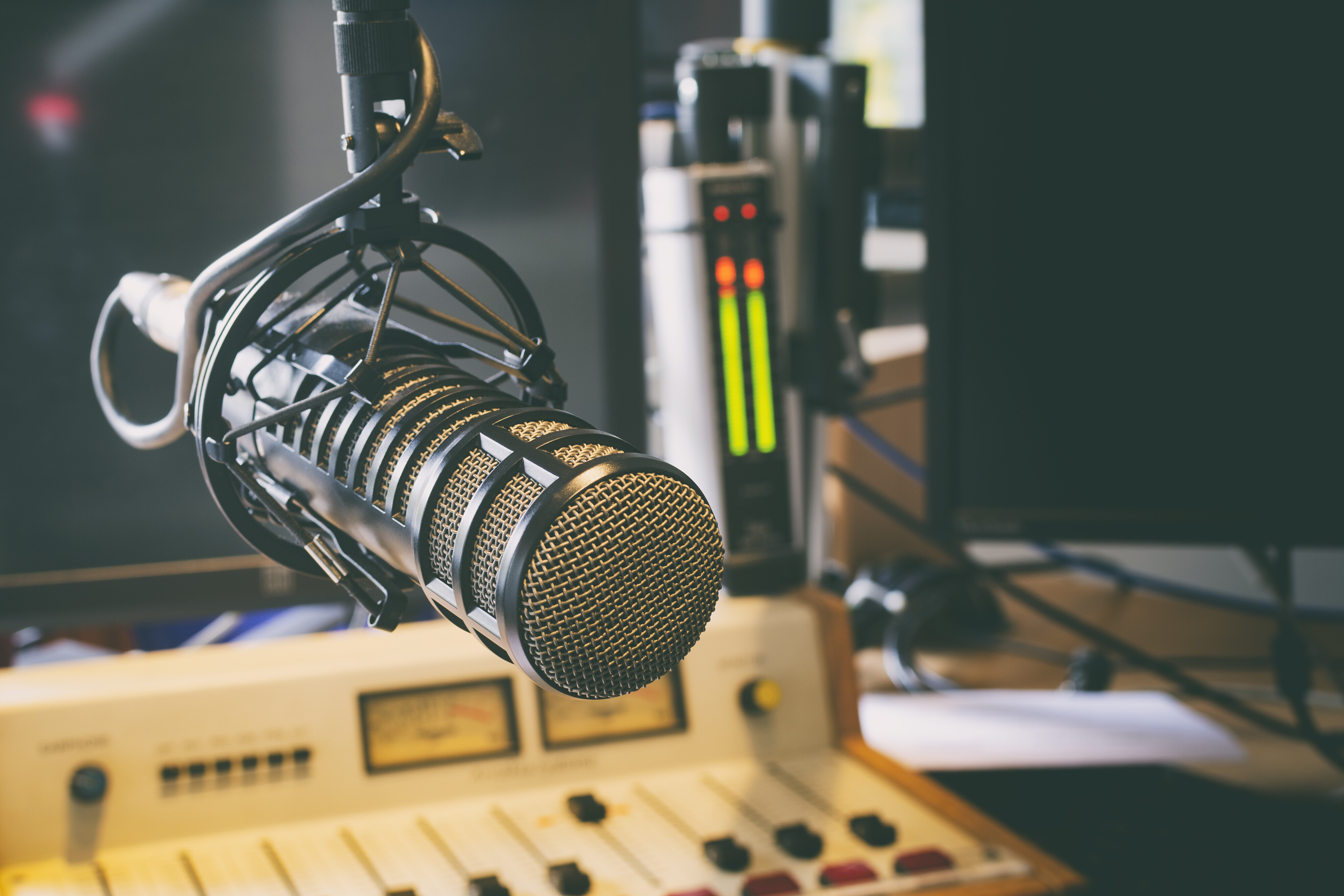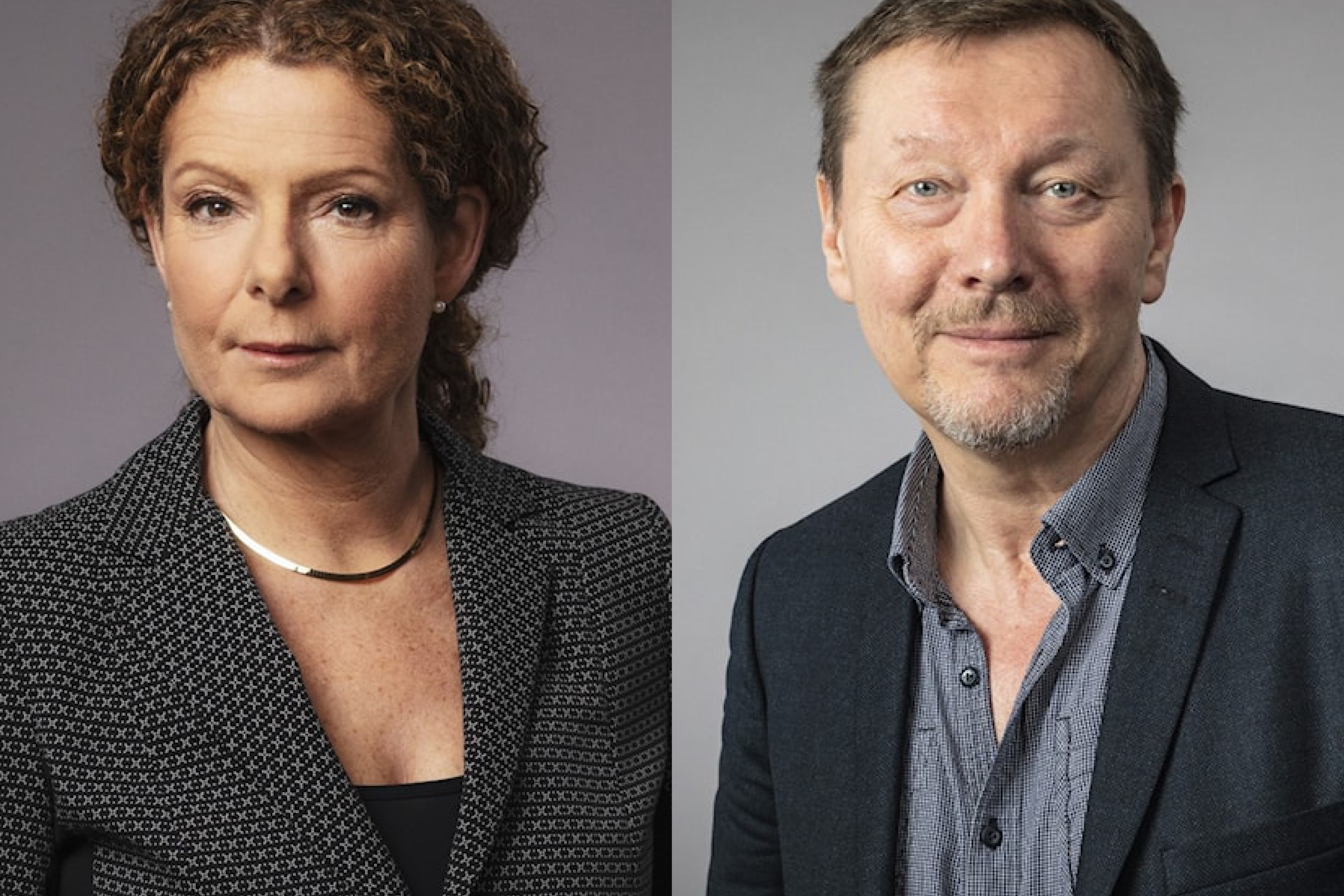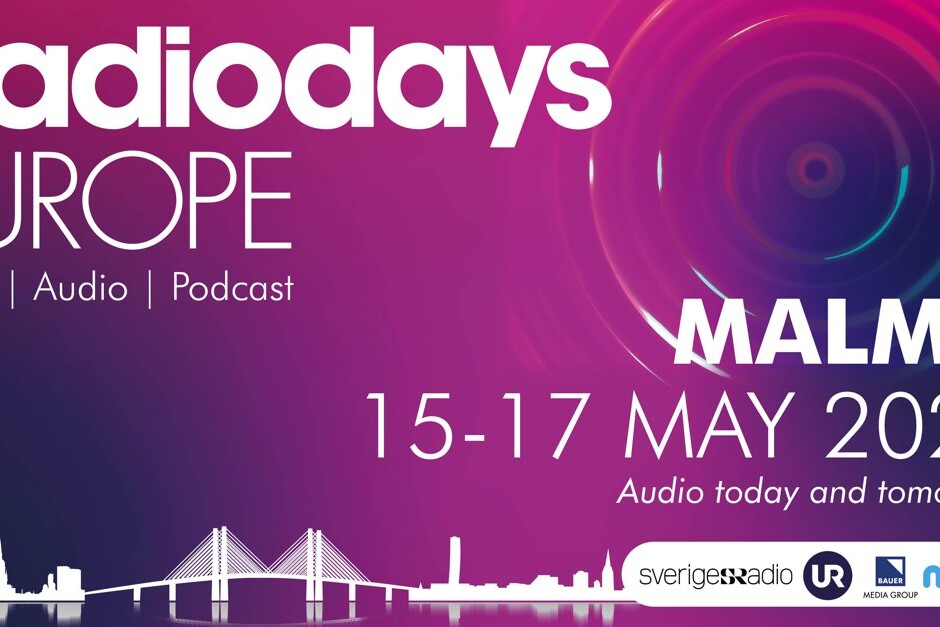Despite, or perhaps because of, all the advances in digital media technology, radio remains the ultimate anytime, anywhere medium. Anders Held, Co-founder of the world’s largest radio and audio conference, Radiodays Europe, brings us his insight into what he believes has been ”Radio’s Finest Hour”.
By Anders Held, Co-founder of Radiodays Europe and Founder and Project Director of Radiodays Asia
The pandemic has changed our everyday lives and shaken our perceptions of both society and media. For the past year, what we used to see as normal has been disrupted. And we all wonder, what will the future look like post COVID-19?
In this moment of global crisis, radio around the world has played an extremely important role. Though sometimes forgotten, radio is still one of the most important mass media. Hundreds of millions of people spend several hours a day connected with their favourite radio station. Radio has an impressive mass reach. It is the most trusted media. And it has thrived during the COVID-19 crisis. Around the world.
Radio has an impressive mass reach. It is the most trusted media. And it has thrived during the COVID-19 crisis. Around the world.
Though listening patterns have changed – less in-car and more at home time spent listening and audience reach have both increased in most countries. Of course, there is the growing demand for information and news, and we see talk radio and news channels growing. But there is also the entertainment aspect and the companionship that radio offers – maybe it is the latter that is the most important. Connecting with local audiences has always been one of radio’s great strengths.
In times of crisis, and without the normal social interaction at work and with friends, turning to your known and trusted local radio hosts is a comfort. With your local radio station, you are part of a shared community in real time, hearing voices and stories from people in similar situations, taking part in call-ins and discussions.
In times of crisis, and without the normal social interaction, at work and with friends, turning to your known and trusted local radio hosts, is a comfort. With your local radio station, you are part of a shared community in real time, hearing voices and stories from people in similar situations, taking part in call-ins and discussions.
As an organiser of cross-industry events around the future of radio and podcasting, Radiodays Europe and Radiodays Asia, I get to speak to radio people around the world. And they all tell a similar story of this being Radio’s Finest Hour.
Radio was extremely quick in adapting when countries went into lockdown. Radio technology is easy-to-use, which simplified working and broadcasting from home. What didn’t already exist was quickly developed and invented by radio technicians. Radio is very mobile and adaptive.
Also, radio producers and hosts are adept at being able to quickly tune into the moods of their local communities. This makes their content relevant and useful in a time when it is needed the most.
With the surge in rumours and misinformation on social media platforms, radio, as a trusted medium and one you spend hours listening to each day, is an important counter force.
Although streaming music services are able to provide you with your favourite music, they cannot play the role of a friendly and well-informed companion as radio is so good at doing.
Streaming video services and cable-TV can entertain you with international movies and series, but unlike local radio these services cannot speak your local language and tap into the local mood to encourage debate in real time.
All the reports that I have gathered as I work internationally have confirmed that public radio as well as commercial and community radio have mostly stepped up in these challenging times to provide a unique and vital service to audiences worldwide.
And so, I think it is important that we take this moment to highlight the strengths of radio, which is often seen as an old and slightly outdated medium. Radio is available on all platforms, and not just in real time, but also with a fast-growing podcasting scene that offers so much more in terms of audio content, to be available for listening at the time that suits you. With all the big industry players like Apple, Google, Spotify etc. also investing in spoken audio content and providing easy access to podcasts on their platforms, we sometimes speak of it as the Golden Age of Audio.
As an organiser of cross-industry events around the future of radio and podcasting, Radiodays Europe and Radiodays Asia, I get to speak to radio people around the world. And they all tell a similar story of this being Radio’s Finest Hour.
But despite Radio’s Finest Hour in the Golden Age of Audio, this is still a very challenging time. First, commercial radio has been hit hard by the collapse of revenue. Also, public broadcasters have been facing cuts, and many fine radio personnel have unfortunately lost their jobs because of this crisis.
It is crucial that we can convince advertisers and governments everywhere of radio’s unique strengths and importance. Radio must be able to keep doing its valuable job.
It is equally important that broadcasters prepare for life post-Covid. I think it is realistic to expect that this current health crisis will be followed by disruption in many areas of society and media, a huge digital challenge with changed audience behaviours. This is the time to prepare for those challenges and encourage innovation. And at the same time, we must review all the aspects of radio’s strengths, analyse the experiences of radio’s role during the Covid crisis, and make sure that we understand the underlying drivers. This may be Radio’s Finest Hour, but we must ensure that people will keep coming back for more of that unique experience, once we go into “the next normal”.
This may be Radio’s Finest Hour, but we must ensure that people will keep coming back for more of that unique experience, once we go into “the next normal”.
This is precisely the focus on the next Radiodays Asia 2021 Virtual Conference being organised as an online event on 24-26 March 2021 about “The Sound Future of Radio and Podcasting”. It will be extremely interesting to hear what broadcasters and experts have to say, looking into the post-Covid era.
Now is the time to prepare for the post pandemic recovery and make sure we take the best from Radio’s Finest Hour with us, into the future.
Biography
Anders Held, Sweden, is Co-founder of Radiodays Europe, the world’s largest radio and audio conference, and Founder and Project Director of Radiodays Asia, a new event about meeting the future of radio and podcasting in Asia-Pacific. It was held for the first time in Kuala Lumpur in 2019 and the next Radiodays Asia will be a virtual event on 24-26 March 2021.
Anders started in radio as a news reporter and soon held positions as Head of News and PD at a regional station, and presenter and producer of national current affairs programmes. Later he became Head of Communication and Audience Research and Head of International Relations for public broadcaster, Swedish Radio. He is now heading Radiodays Asia and acting as a Senior Advisor to Radiodays Europe. In 2019 he was awarded the “Golden Ear” Award from the Swedish Radio Academy.
Insight
There is plenty of fresh thinking and Insight in the world of public media but it is critical that those ideas get shared, debated and more widely discussed. In this series of specially commissioned comment pieces PMA brings you Insight from experts, practitioners and commentators.
Header Image: Anders Held, Founder and Project Director of Radiodays Asia. Credit: Anders Held/Radiodays
Related Posts
24th November 2020
Insight | Impartial media is necessary to avoid parallel realities
Swedish Radio CEO, Cilla Benkö, and…
16th July 2020
Insight | Why Public Media Will Not Survive Without Real Citizen Participation
In a dynamic and brutally competitive…



